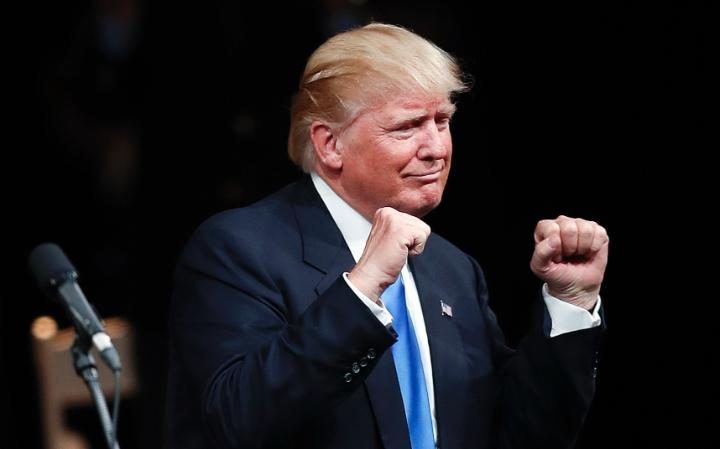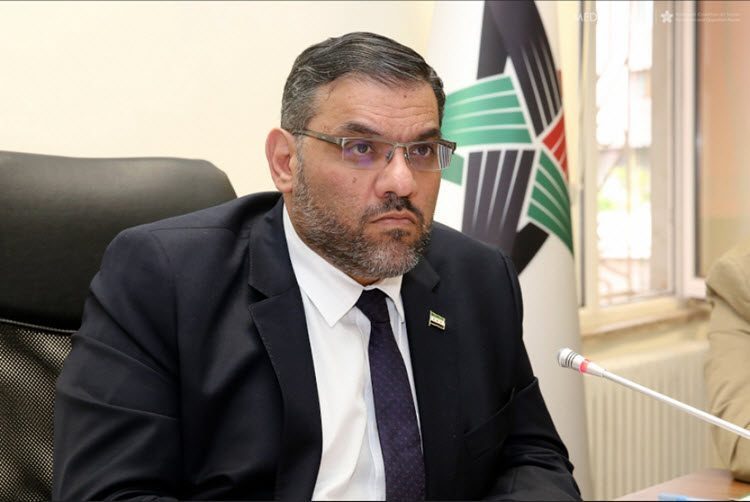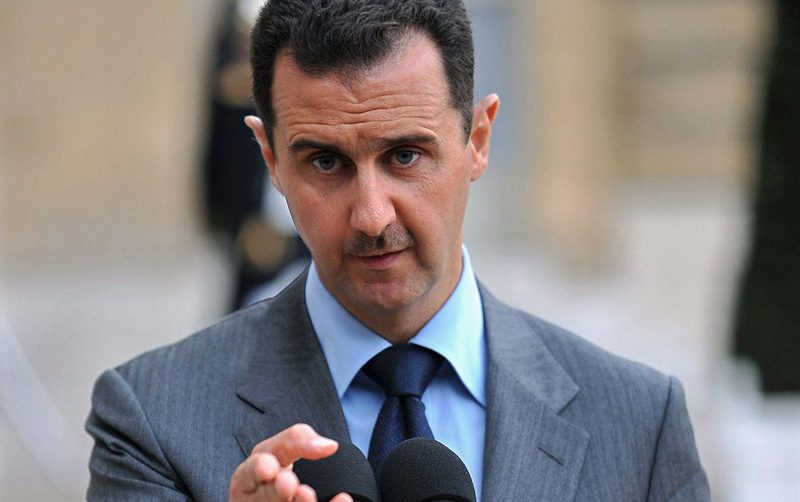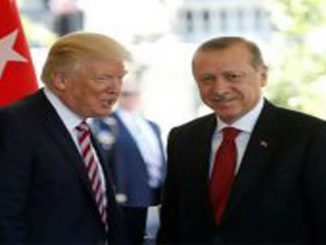
– Donald Trump wins US election, according to ABC News.
– What is the impact of this development on the issues of the Middle East?
The ABC election analyst Antony Green says Donald Trump has secured enough Electoral College votes to claim the US presidency.
Donald Trump won the key swing states of Florida, North Carolina and Ohio early this morning, as he marched towards the White House. The Republican surpassed expectations and confounded pollsters in Florida, where Hillary Clinton had been expected to win following a surge in the Hispanic vote. Mrs Clinton’s hopes of a swift victory faded as the Republican picked up a series of states early on and maintained his momentum, reported The Guardian. Mr Trump’s unexpected success in Florida was backed up by wins in the key states of Ohio, North Carolina and Pennsylvania.
*How will Trump’s access to the White House affect the Middle East?
1- Trump and managing the relationship with allies in the Middle East region:
The access of Trump to the White House will probably make a change in the scene of the Middle East, in terms of the re- arrangement of cards and alliances in the region. We could see a shift in the US relations from its alliance with Iran to a coordination with the Arab regimes, particularly the Gulf countries and Egypt. These relations will be built on the priority of protecting Israel’s security, possibly resulting in a tripartite alliance, “American-Israeli-Saudi” consistent with the recent developments in the Saudi-Israeli relations, and it may be a quadrant alliance, “American-Israeli-Saudi-Egyptian.”
2- The Syrian Crisis:
According to what Trump has announced, this crisis will be ignored by Trump at least temporarily. Trump is not directly interested in the Syrian crisis, as he is only preoccupied with the terrorist organizations on the Syrian territory, particularly ISIS. In the event that Russia and Saudi Arabia are fighting Daesh, Trump’s greatest support will go to the most effective of them. This support will not be a military one, but will serve as a green light to move. The maximum support Trump refers to is the economic support for the safe areas that he proposed to be established within Syria.
3- The Islamic State “Daesh”
The Islamic State (ISIS) is the only issue where Trump pointed to the possibility of a direct military intervention by the United States. He always has declared that he will fight and eliminate them; and this may be a pretext for American military intervention in a number of countries under the pretext of fighting terrorism and Daesh, particularly in Iraq, Syria, Libya and Egypt, where ISIS is existing.
4- The political Islam in the region:
In most of Trump’s statements and words, he is so exaggerating that he almost says that “all” political Islam groups are extremist. The Muslim Brotherhood was mentioned by Trump in the context of attacking the Obama administration, where he said that he helped the access of the Muslim Brotherhood to power in Egypt, and he apparently shows severe hostility to the Brotherhood. In addition, Trump only mentioned Daesh, Hamas, Hezbollah and the Muslim Brotherhood (in Egypt) in the context of talking about the groups of political Islam, and this probably indicates that the Trump puts the Brotherhood in the same level of animosity. Based on this, Trump may classify the Muslim Brotherhood as a terrorist organization in an escalation against the biggest Egyptian political group in the event of his access to power.
5- The attempts of change in the region and the Arab Spring:
Trump opposed the attempts of change in the region; as he tends to support stability and hindering any radical changes. He also prefers to keep powerful rulers rather than what he described as “chaos”. This will perhaps turn to supporting several regimes in the Middle East, such as al-Sisi in Egypt, Essebsi in Tunisia, and Haftar in Libya (or at least the UN-backed Government of National Accord). Trump will also support the stability of the situation in Yemen, and the Saudi orientation in resolving the Yemeni crisis, as the alternative from his point of view would be “terrorist”.
Accordingly, we can say that the biggest beneficiaries in the Middle East from the access of Trump to power are Saudi Arabia, the UAE, the al-Sisi regime in Egypt, and the Tunisian regime. In contrast, the most affected by Trump’s access to the White House will be Iran and then the revolutionary change groups and political Islam in the region.
* Yomna Suleiman, an Egyptian political researcher at the Egyptian Institute for Political and Strategic Studies (eipss).



